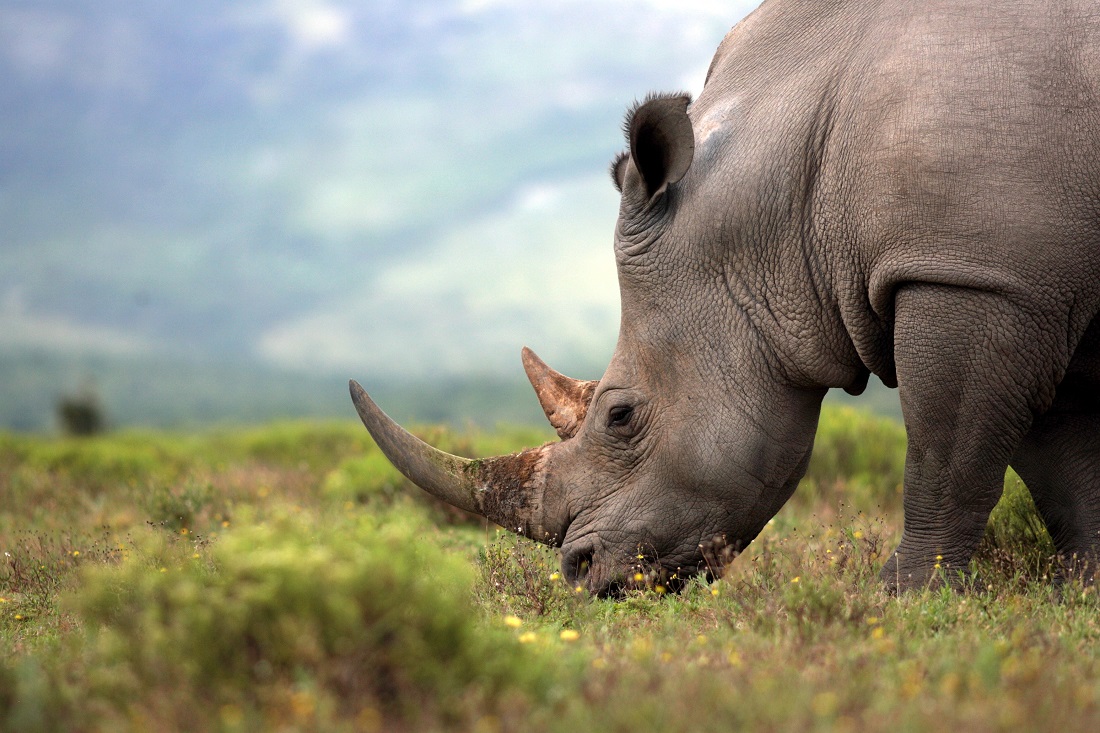2019-1-17 21:31 |
One of blockchain technologies greatest use cases, other than in cryptocurrency, has been with supply chain management. The use of a distributed ledger ensures that there is consistency in product quality and allows those involved to see everything from the harvesting to the distribution of the product.
In Australia, the World Wildlife Fun has decided to use blockchain in their own supply chain tool, which makes it possible for consumers and businesses alike to track food items.
The new tool was announced via tweet on January 17th, saying, “What if you knew exactly how sustainable your food is, just by scanning a QR code with your phone? With OpenSC, you can. #OpenSC is a revolutionary digital platform developed by WWF-Australia and @BCGDV that allows you to track a product along its entire supply chain. Here's how.”
OpenSC, the new platform, is a collaboration between WWF-Australia (WWF-Australia) and BCG Digital Ventures (BCGDV), which is a sector of the Boston Consulting Group. The post on Twitter links to a video to show how the process works, using a QR code that tracks the food products from their point of origin. QR codes can be acquired by signing up with the platform.
According to information from WWF-Australia, the goal is to make it possible for consumers to make ethical choices in their food purchases. However, this process also forces the producers of these products use honest sourcing and production processes, unless they want to lose their customers as a result of dubious methods.
The CEO for WWF-Australia, Dermot O’Gorman, said in a press release, “Through OpenSC, we will have a whole new level of transparency about whether the food we eat is contributing to environmental degradation of habits and species, as well as social injustice and human rights issues such as slavery.”
Information collected on the tracked produce will be brought to the World Economic Forum in Switzerland next week, when it is served to world leaders.
This process could eventually move beyond the tracking of food and produce, focusing on palm oil and timber as well.
With this launch, there are multiple other companies that are applying blockchain technology to solve their supply chain concerns. For example, IBM’s blockchain platform was used for the management of cobalt production on the supply change within Congo, along with the global mining industry. Ethereum blockchain was used for the first time in November to track fish products for a Swiss food manufacturer.
origin »Bitcoin price in Telegram @btc_price_every_hour
LALA World (LALA) на Currencies.ru
|
|



